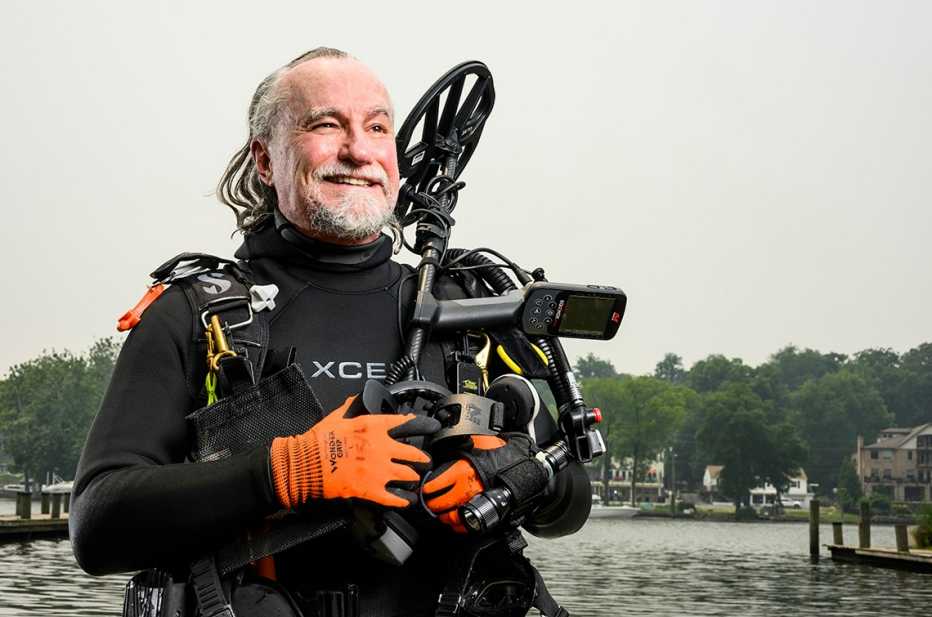AARP Hearing Center


Mike McCullough’s first big find with a metal detector was a gold wedding ring. Even better, it belonged to his wife, who had lost it in 1976. “I found it about nine years after she lost it,” McCullough said. “That was my first really excellent find.” He’s been hooked on the hobby since then.


He’s not alone. Detectorists, as they like to be called, have found gold and silver hoards, Civil War relics and other valuables hidden beneath the soil for years. Their finds can have personal value — small bits of history — or real cash value, in the case of coins or jewelry. Most recently, a loose confederation of detectorists called The Ring Finders has been using metal detectors to help locate lost rings and reunite people with their missing personal treasures. They get big thanks from the owners — and sometimes a gratuity as well.
A growing hobby
Metal detecting is a big hobby in Britain, thanks in part to Detectorists, a television series about eccentric metal detectoring enthusiasts. Some stunning recent finds, such as the 2,500 Norman pennies known as the Chew Valley Hoard, have sent Britons scouring the countryside for buried treasure. One of the more famous British detectorists is Bill Wyman, former bass player for the Rolling Stones, who sells his own branded line of metal detectors. “You never know what the next find is,” he says in a YouTube video about metal detecting. “Plus, you get fresh air and exercise. It’s a great hobby.”
But metal detecting is a growing hobby in the U.S., too. McCullough has found coins, buckles, buttons and other common items from the Colonial era, as well as Civil War relics. “Those are very memorable finds because this was part of our history,” he says.


For Rob Ellis, a retired teacher from Lorton, Virginia, the thrill of metal detecting is returning a lost ring or other valuable to its rightful owner. “It’s not the money,” says Ellis, who charges about $25 to cover the cost of coming out to a customer. The customer then gives him whatever he feels the service is worth. “It’s like, ‘Hey, here’s a tip,’ ” Ellis says. “It can vary so much, but it allows me to buy new equipment and maintain it.”
Ellis belongs to The Ring Finders, a directory of people you can call if you’ve lost a ring (or other valuable) and need help finding it. Most work on a reward basis — you pay only if the Ring Finder finds the ring. And in many cases, the fee is extremely flexible.







































































More From AARP
Great Deals Get Better With Age
11 perks that start at 504 Ways to Pay Off Credit Card Debt
Choose your option and start nowIs My Money Safe?
Insurance protects many investments, but not all